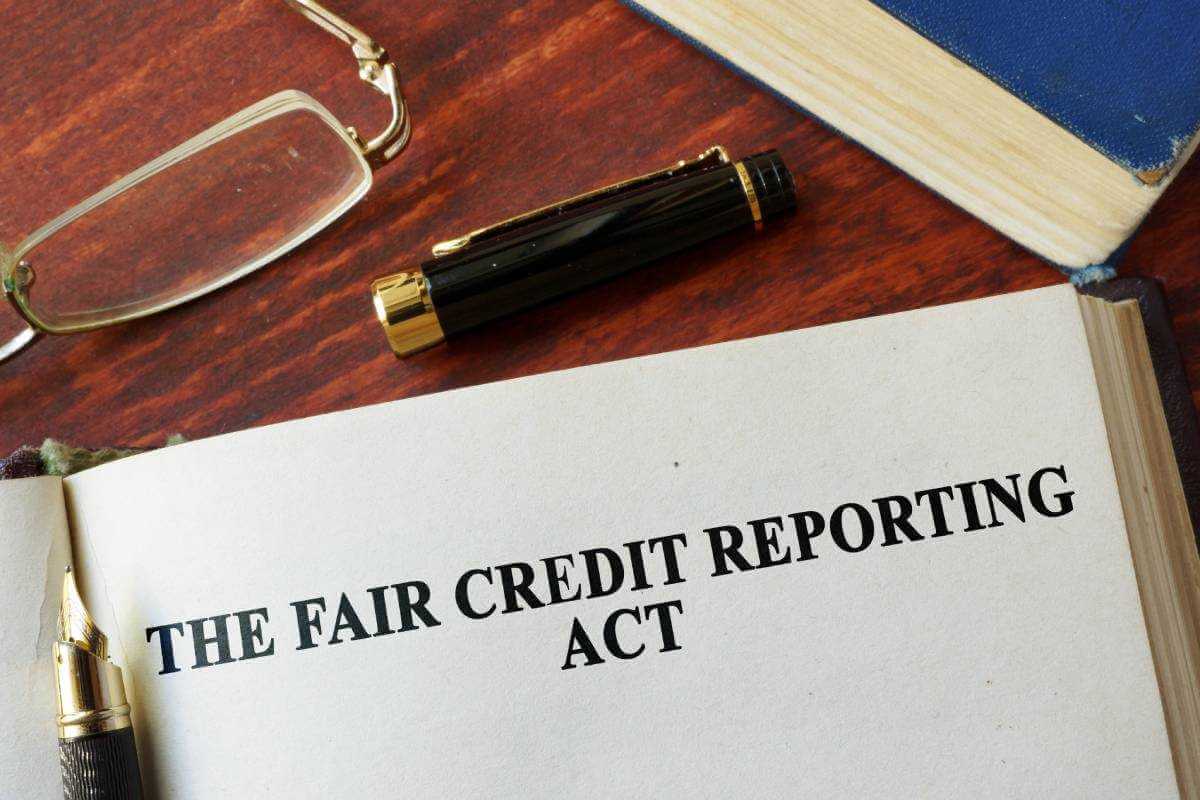The Fair Credit Reporting Act (FCRA) is a federal law that was established to protect consumers’ credit information by regulating how credit reporting agencies collect, use and share this all-important data. According to federal law, the onus of the enforcement of the FCRA lies with the Federal Trade Commission (FTC) and the Consumer Financial Protection Bureau (CFPB). Shamis & Gentile, experts attorneys in Florida, explain more about the FCRA and how consumer rights can be protected under it.
What is the purpose of the Fair Credit Reporting Act?
In today’s overwhelmingly digital world, consumer data is being collected constantly. Consumer credit bureaus such as Experian, TransUnion and Equifax follow rules and regulations while doing so. However, several businesses do not and may have access to your personal credit information.
When you are looking to apply for loans or credit cards, the issuing authorities conduct a credit check to determine how credit-worthy you are. Other situations where companies or individuals may have access to your credit information are if you are applying for a job (employers) or looking to rent or buy property (prospective landlords).
Thus, with so many possibilities of your credit information being accessed by multiple sources, you must have laws that will protect you too. This is where the Fair Credit Reporting Act safeguards you.
How does the FCRA help consumers?
As mentioned previously, the FCRA protects consumers by regulating how their credit information is accessed and utilized. Shamis & Gentile P.A. provides the salient features of the Act below:
- According to the Act, a consumer must be notified if their credit information is used to deny an application they applied for. This may include credit cards, insurance, loans or employment.
- Consumers also have the right to request the entire information in their credit file collected by a consumer reporting agency. This is known as file disclosure and it can be conducted annually by visiting AnnualCreditReport.com.
- The Act provides access to consumers’ credit information only to individuals or businesses with ‘permissible purpose’ including employers, banks or landlords.
- If a consumer notices an inaccuracy in their credit report, they have the right to report or dispute with the credit bureau. In such instances, the credit bureau must communicate this to the data furnisher and check if the information provided is correct. If not, the credit bureau is responsible for rectifying the error. Negative information such as late payments or bankruptcies is also required to be expunged after some time.
- As per the FCRA, consumers have the option to opt-out of preapproved credit offers.
- The FCRA also offers consumers the power to freeze their credit reports, which means no individuals or businesses will have the authority to check this information until the freeze is lifted. Alternatively, for important transactions, consumers can provide specific lenders with a one-time access PIN to view their credit information.
Penalties for not complying with the FCRA
Fines for violating the terms of the FCRA may range from $100 to $1000 or more. In more serious cases, criminal charges can be imposed if an individual obtains information from a consumer reporting agency through scams or false pretenses.
For more information about the Fair Credit Reporting Act and your rights, contact Shamis & Gentile P.A. for a free consultation.



